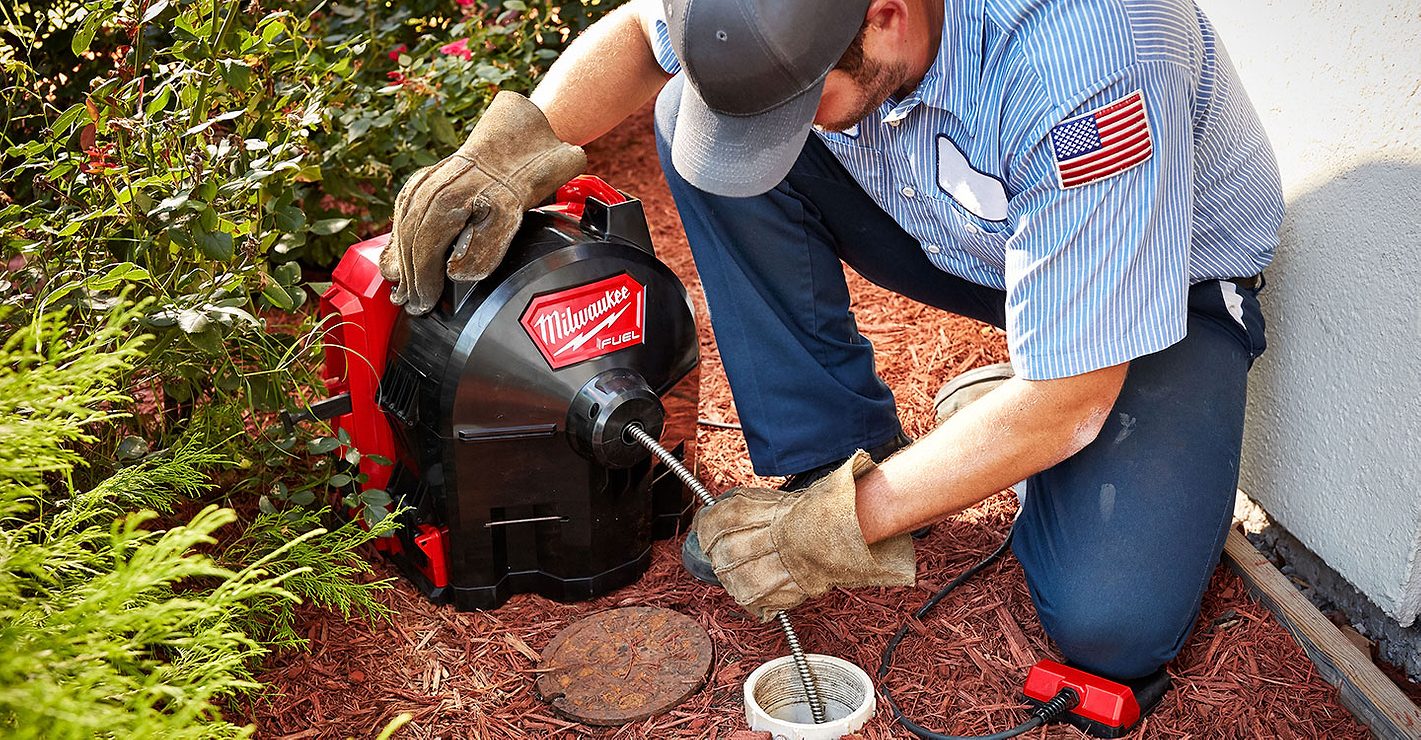It prescribes a specific timetable that will provide the industry with the necessary time to gradually convert existing 1.6-gpf models to high-efficiency models.
Phase-in begins in 2010 and requires an increasing percentage of models to be high efficiency during a four-year period. It requires 100 percent of models be high-efficiency toilets and urinals by January 2014.
Significant investment by every manufacturer is called for. However, the timetable of AB 715 “acknowledges the technological challenges and capital costs required to develop designs and construct new tooling for all of the configurations, in order to transform entire product lines to successfully perform using at least 20 percent less water,” according to PMI.
“This plan is sound and enforceable,” said Jerry Desmond, a California lobbyist with PMI. “And it will avoid a repeat of the performance problems experienced in the early days of 1.6-gpf toilets when that standard was prematurely mandated.”
PMI has stated it is encouraging the AB 715 market transition plan be implemented in other states, as well as at the federal level.




